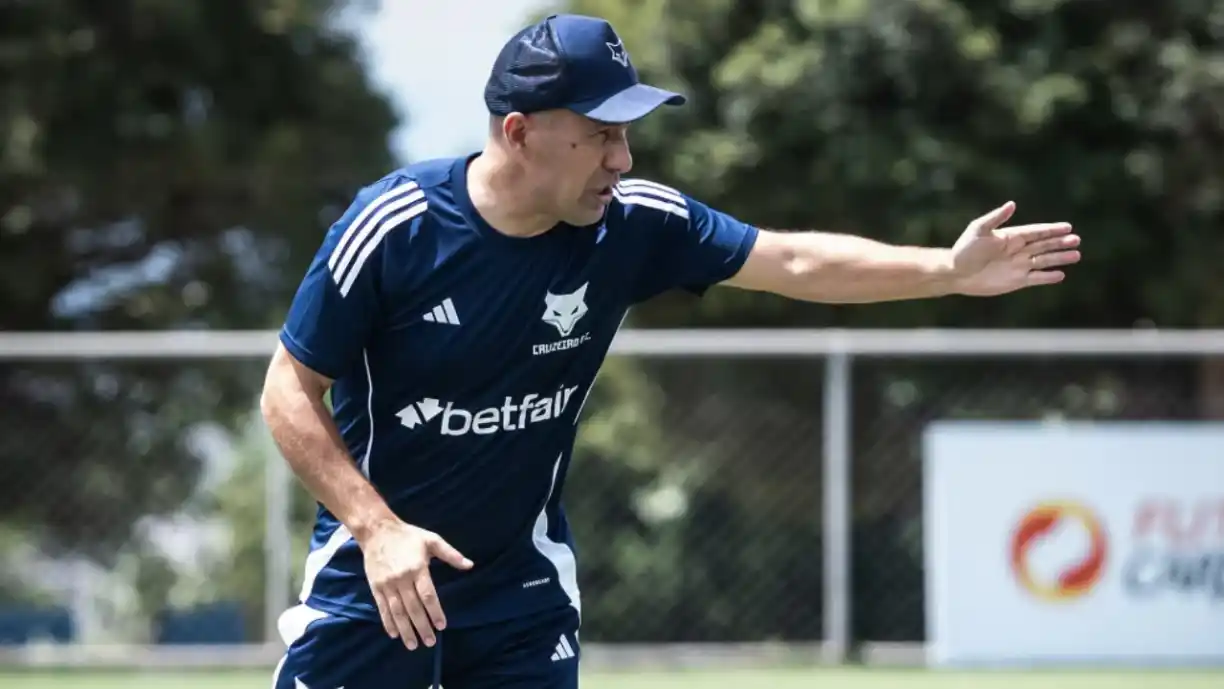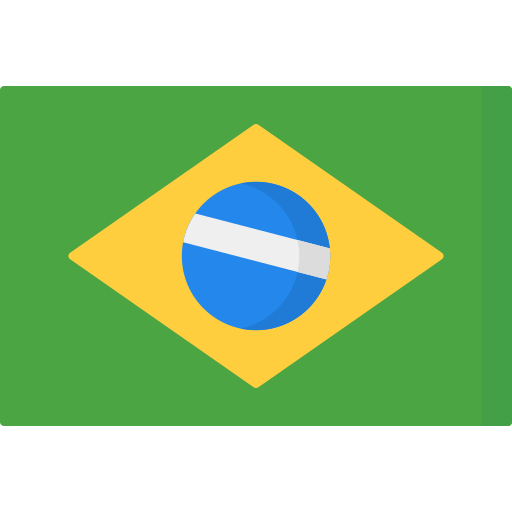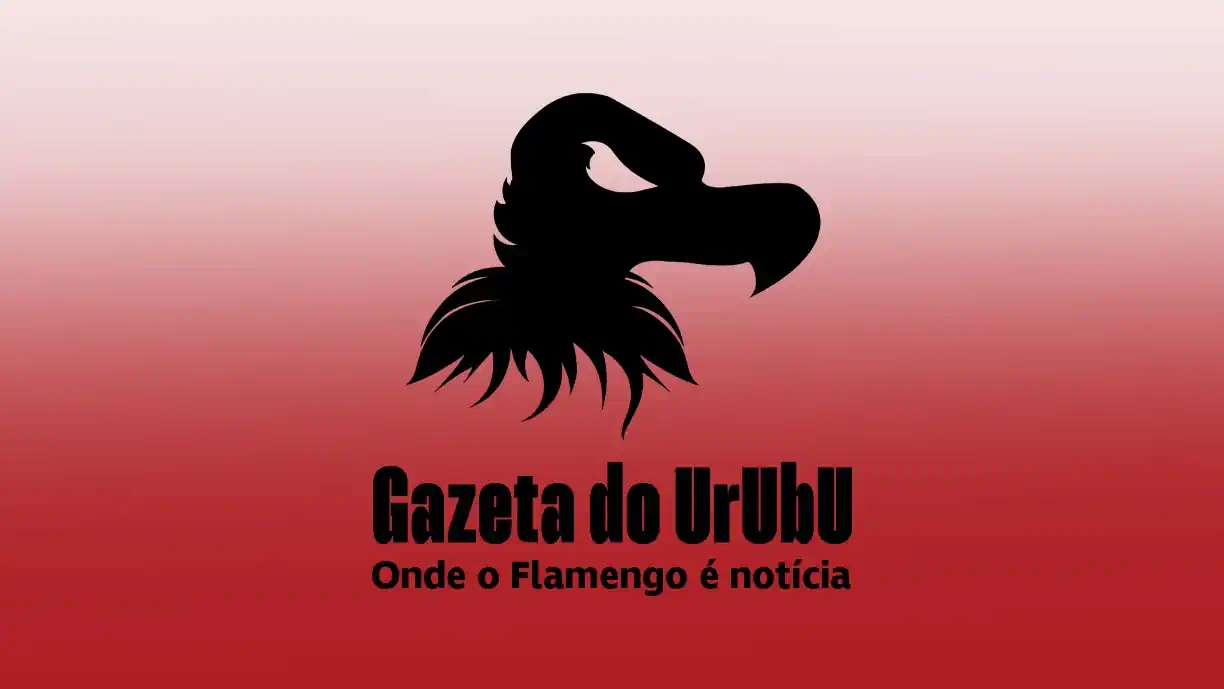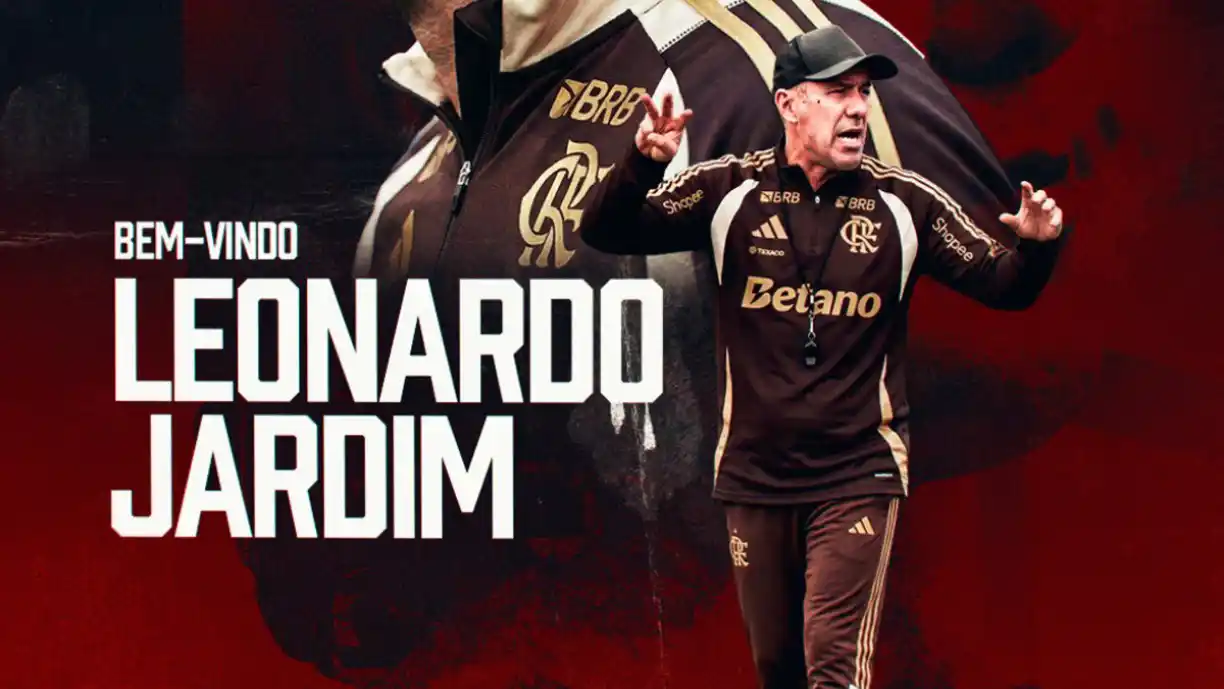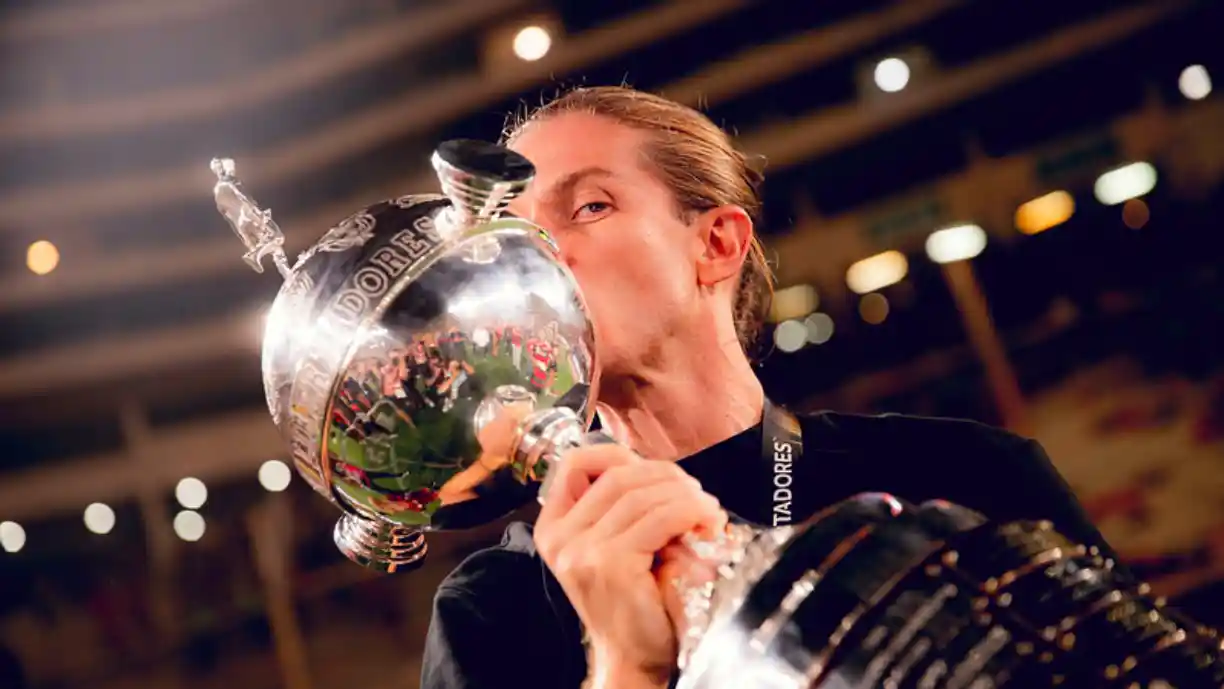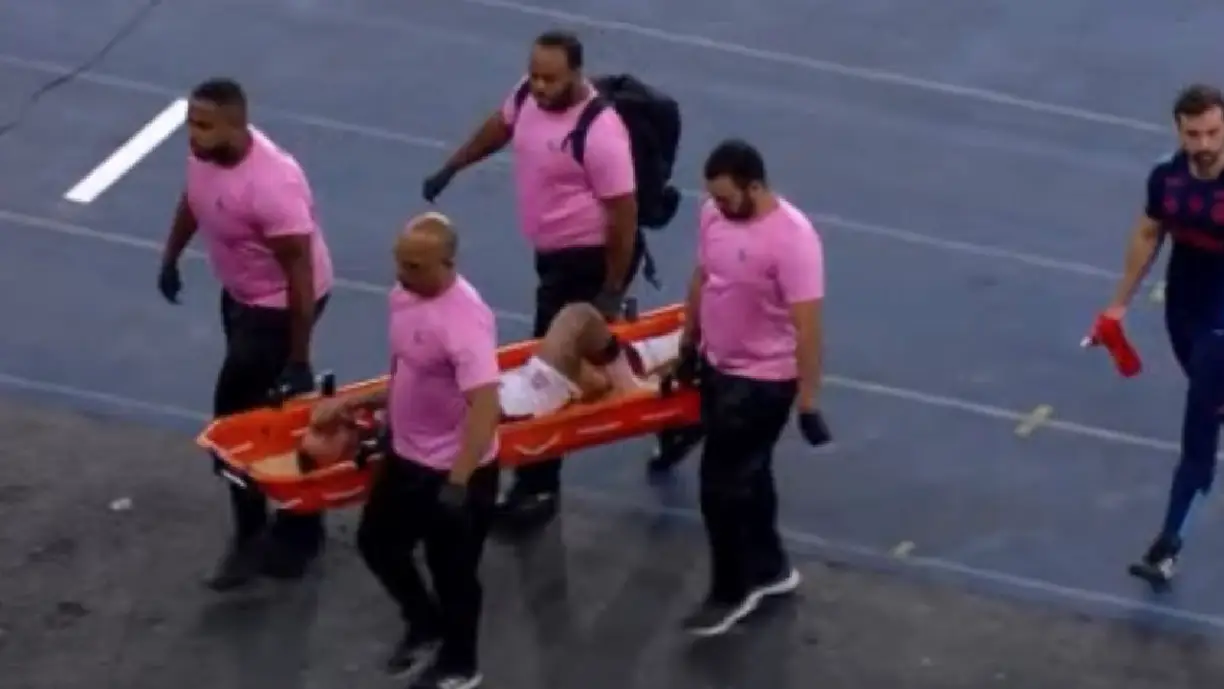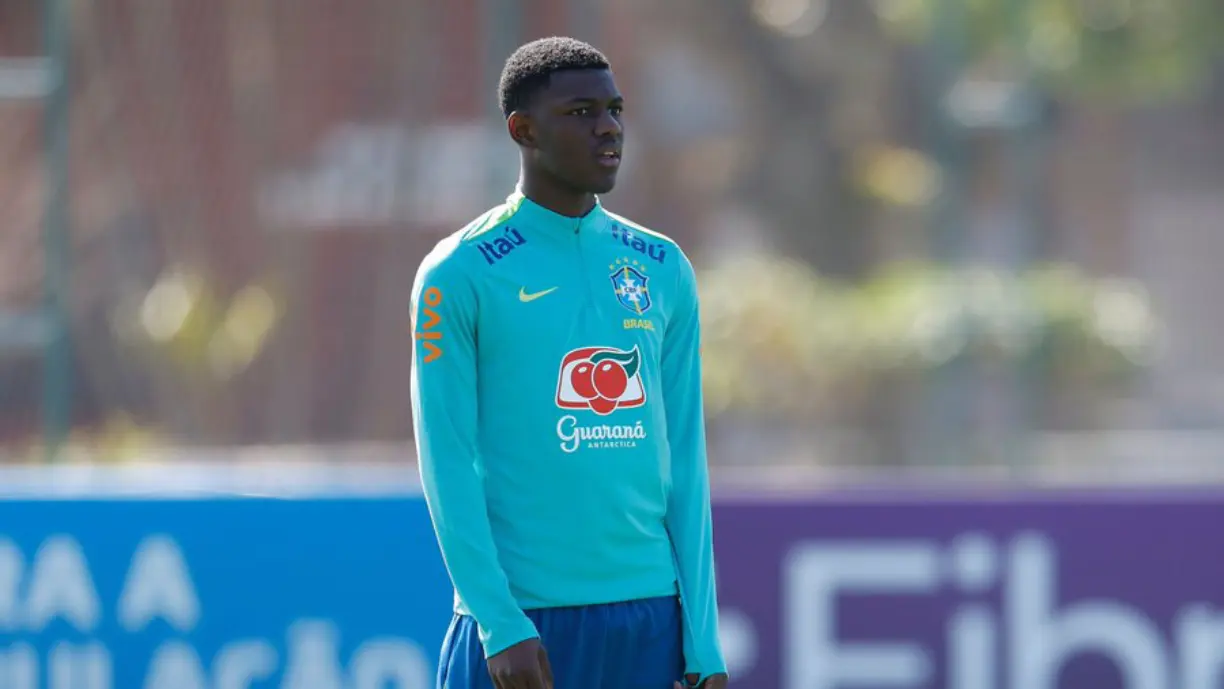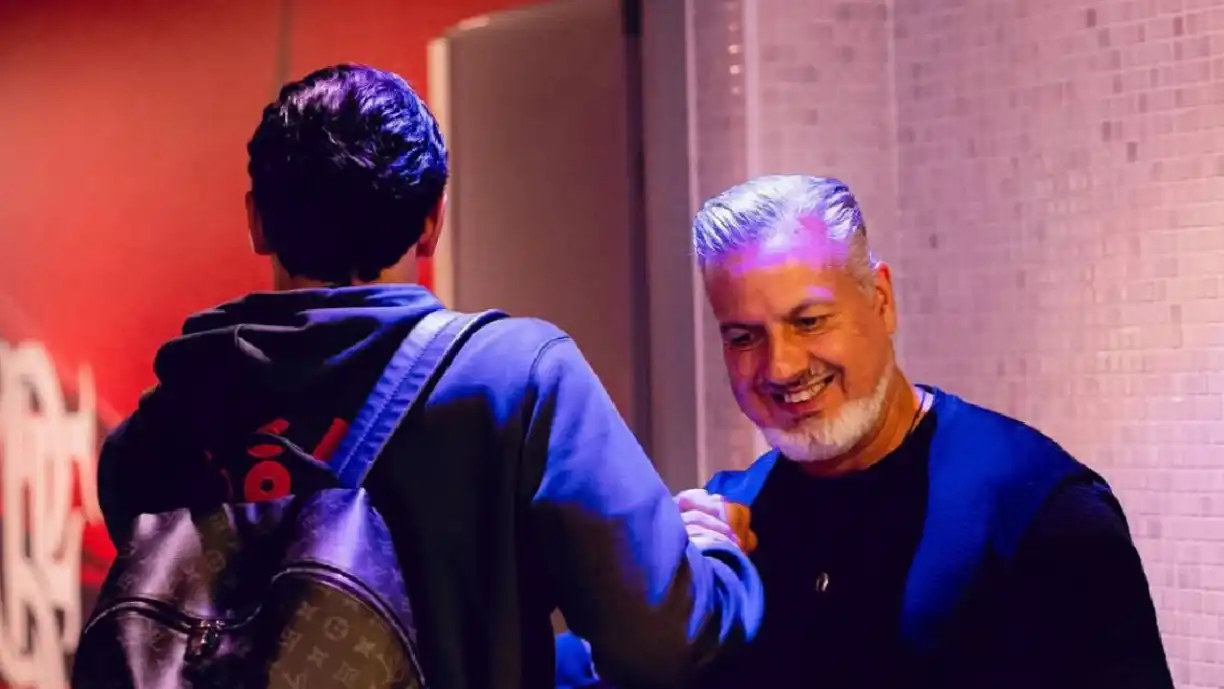Pedro and Gabigol, two of the main strikers of Flamengo, continue their recovery process from muscle injuries. Both players returned to training on the field this Monday (26), at CT Ninho do Urubu, which represents an important step in the process of returning to games, but there are still steps to be overcome before they are available to play again.
Pedro, who wears the team's number 9 shirt, has started the transition phase on the field, which means he is moving from rehabilitation exercises to activities closer to what he faces during games. This phase is crucial to assess the body's response to physical activity and ensure it can withstand the load of a full game without risk of aggravating the injury. Pedro trained under the supervision of physical trainer Júnior Bezerra, who is responsible for managing the intensity of the exercises to avoid overload. This phase is delicate because any mistake could result in a relapse, which would extend the recovery time.
FLAMENGO RACES "AGAINST TIME"
Gabigol, on the other hand, is still at an earlier stage of your recovery. He trained with physiotherapist Laniyan Neves, and his activities do not yet include using the ball. This indicates that Gabi is still focused on regaining muscle strength and mobility before being able to return to more intense activities, such as ball training and game simulations. The fact that Gabi is still not using the ball is an indication that his return to games may take a little longer, as he still needs to go through several phases of recovery and physical conditioning before he is ready to compete.
The situation of both players worries the technical committee of Flamengo, which has faced challenges in assembling the team without two of its main offensive references. The club has been cautious regarding the return of Pedro and Gabigol, strictly following medical recommendations to prevent players from returning prematurely and ending up suffering new injuries. This caution is essential, as muscle injuries can be complicated and have a high risk of recurrence if the return is made hastily.
